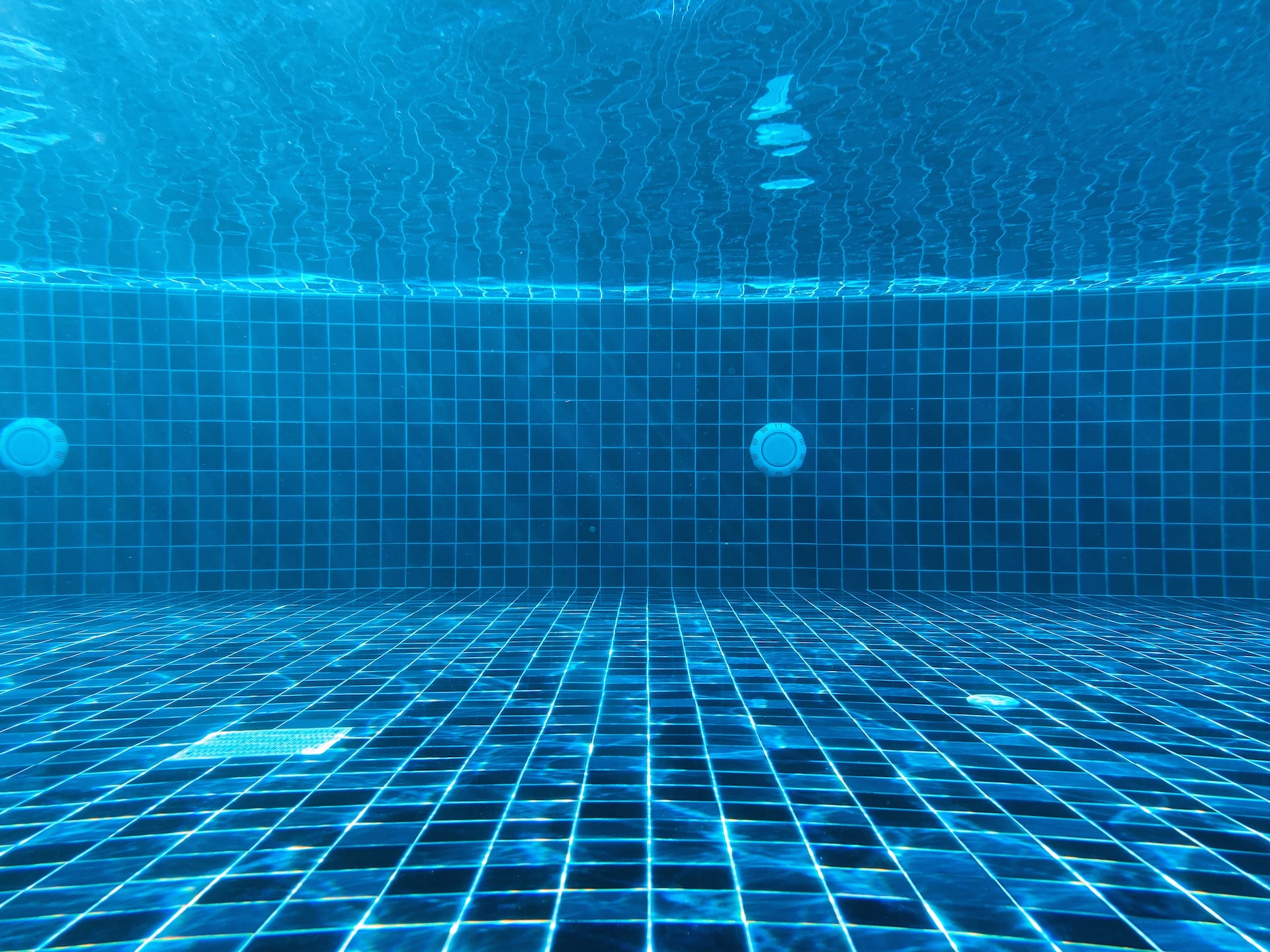
Here’s What You Should Do If Your Pool Has Calcium Buildup
Having your very own swimming pool provides you with numerous benefits, but it’s not all fun and games. To maximize your investment and avoid wasting money, you also have to take good care of your pool and ensure that it will endure and stay beautiful for many years. This involves doing regular pool tile cleaning and ensuring that your pool is always free of algae and debris-free. You also have to inspect and maintain the pool pump, filters, heaters, and other equipment functional and efficient.
Another thing that you must do is check for calcium buildup and remove it if you find any. Calcium deposits are some of the biggest enemies of swimming pools since they can lead to a wide range of problems that can be difficult and expensive to fix. Read on to learn more about how to deal with calcium buildup:
What Causes Calcium to Build Up on Pool Tiles?
It’s easy to believe your pool is free from calcium buildup if you regularly hire pool tile cleaning service providers. But, while regular cleaning is undoubtedly necessary, it’s not the only factor that affects the buildup of calcium deposits. The main culprit behind this problem is hard water, which is present in many parts of the country and can leave a thick layer of calcium on your pool tiles over time. Chemical imbalances in the pool water can also contribute to water hardness and increase the risk of calcium buildup.
Signs That Your Pool Has Calcium Buildup
Calcium buildup is easy to identify since it will leave white or grayish stains on the sides of your pool. White stains are caused by calcium carbonate, and they’re often flaky and can be easily scraped or wiped off. Grayish stains, on the other hand, are caused by calcium silicate and can be difficult to remove.
Aside from looking out for stains on your pool tiles, you can also tell the presence of calcium buildup simply by swimming in your pool. If you feel a burning sensation in your eyes and your skin gets itchy when you’re out of the water, it can be a sign that there’s too much calcium in the pool.
How Can You Remove Calcium Buildup?
If you suspect that your pool has calcium buildup, conduct a complete water test to know the hardness levels in your pool water. If the levels are within the normal range, you can start cleaning the tiles with a scale remover. However, if the water pH is too low or too high, you’ll need to correct the water hardness before starting the pool tile cleaning process. Otherwise, your cleaning efforts will be wasted since you haven’t removed the root of the problem.
If using scale remover fails to do the trick, you can reach out to companies that specialize in dustless blasting services and use their pool tile cleaning service. Dustless blasting has been proven to be highly effective in removing calcium deposits from pool tiles as well as many other surfaces, and it can leave your tiles spotless without causing any damage.
Get in Touch with Us!
Use the tips listed above to remove calcium buildup from your swimming pool! If you need additional information or are ready to hire experts who can clean your pool tiles, reach out to Minutemen Mobile Blasting, LLC. We provide top-notch dustless blasting solutions to property owners, and we can remove calcium deposits from your pool and make it elegant and attractive again. Call us today!






